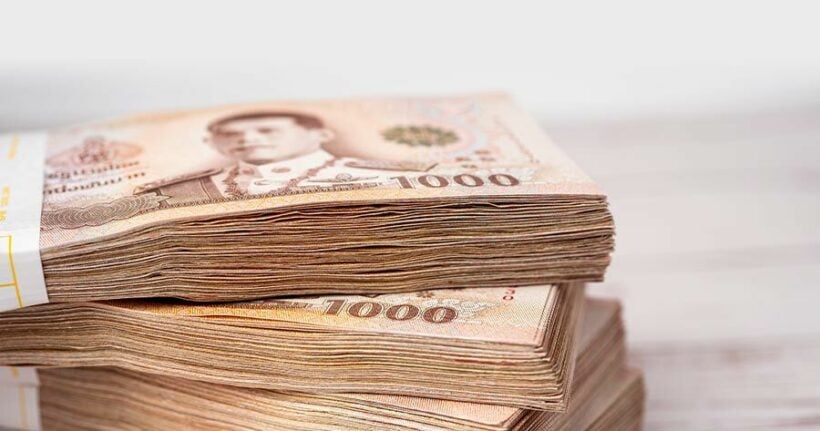Fate of Thai baht depends on return of Chinese tourists, economists say

The Thai baht has been flying recently but its upward trend could draw to a standstill unless Chinese tourists return to the Kingdom of Thailand, according to economists.
In the past month, the baht appreciated almost 6% against the US dollar as reports indicated the US Federal Reserve (Fed) would slow down its aggressive interest rate hikes.
Despite inflation, a reinvigorated tourism sector has helped expand Thailand’s gross domestic product in the third quarter, growing by 4.5% from a year ago.
The positive trends have led to the Thai baht being overbought when it was oversold just two months ago, indicating that its value might not be stable for much longer.
Signs the Fed would slow down its interest rate hikes helped the baht to appreciate, but some US bankers aren’t sure the US’s fight against inflation is over just yet.
The value of the greenback is likely to change somewhat today as investors eagerly await the minutes of the Fed’s most recent meeting to be released.
The tourism-dependent Thai baht was the second-best performing currency in Asia, but its value is likely to remain volatile unless a new catalyst comes into play, such as the return of Chinese tourists.
Before the pandemic, tourism made up a fifth of Thailand’s economy, with Chinese tourists comprising around 28% of foreign arrivals. However, Thailand’s tourist hotspots are almost devoid of Chinese tourists at present thanks to Beijing’s ceaseless Covid-zero policy.
China indicated a relaxation of some Covid-19 restrictions. However, China since quelled international hopes of a rapid reopening by saying it could take longer than a year to leave the pandemic behind.
Who knows when China’s borders will open up, but when they do, economists predict that the value of the Thai baht will shoot upward.
The Bank of Thailand said they will persist will a gradual approach to monetary policy tightening.
Latest Thailand News
Follow The Thaiger on Google News:


























